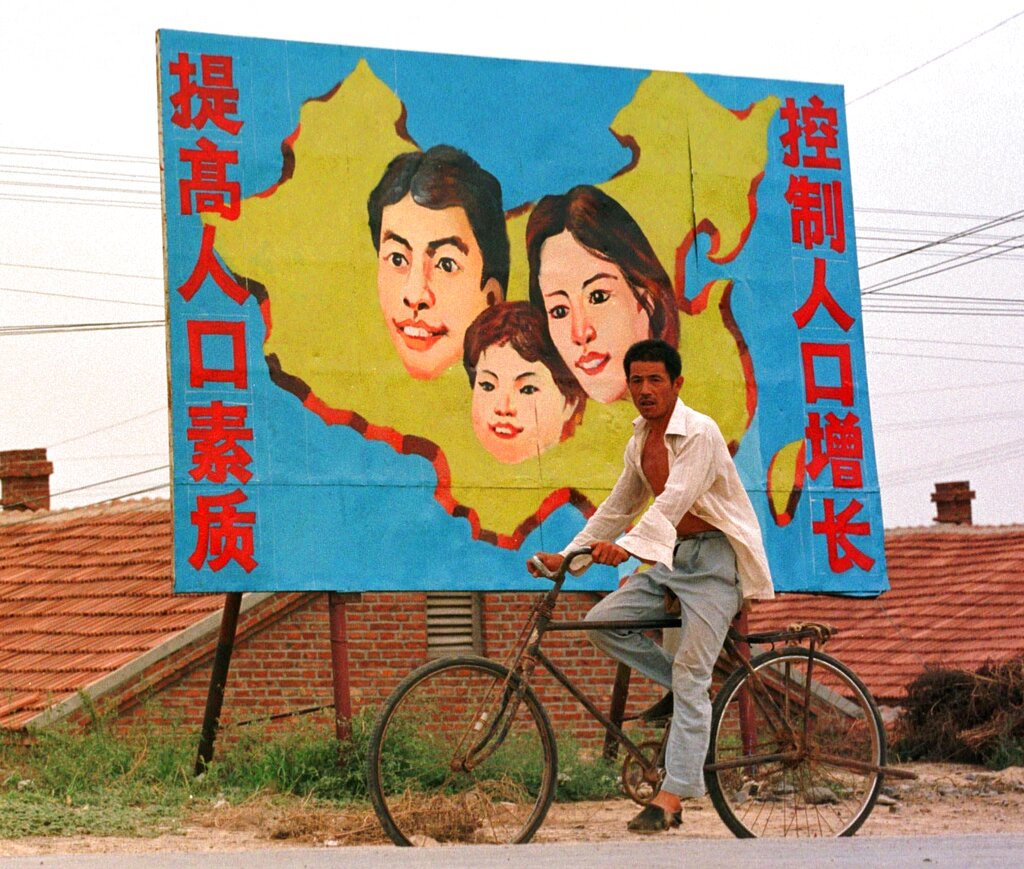Julia Pughes, formerly known as Yu Lian Qing, described her life as a mystery – a mystery rooted in her abandonment as an infant at an orphanage gate in China. Pughes, now a kindergarten teacher in Rockwall, Texas, was adopted in 2001 during a time when strict family planning measures limited most Chinese families to having just one child. Implemented in 1979 to curb rapid population growth, these policies had a profound impact on Chinese society. 
Julia’s mystery
Pughes was adopted when she was 11 months old after being abandoned at the gate of an orphanage in Yujiang County, a district of the city of Yingtan, Jiangxi province, China. Pughes was left with no note or any ability to connect herself with her birth parents. She has spent some time pondering over potential theories surrounding her abandonment. She believes that she was abandoned due to China’s one-child policy and often questions her birth parents’ motives behind abandoning her. “My own theory I wonder about is that I could possibly have an older brother that I have no idea about,” Pughes said. The policy negatively impacted China’s female population, who were discriminated against and were often disproportionately aborted or abandoned, according to The National Library of Medicine. 
The larger picture
Pughes’s story is not particularly unique within the realm of China’s one-child policy. “They’re not unique cases, which tells us that there are challenges across different locales, whether they’re rural areas or urban areas, high demand areas or less demanding areas,” Carrie Liu Currier, a professor of Asian politics at TCU, said. Currier described a common practice that occurred in the earlier stages of the one-child policy–concealing pregnancy. 
The adoption process at the time
Pughes’s adoptive parents, David and Krystal, began the adoption process in 2000. Her parents believe that adoption agencies encouraged international adoption from China at the time due to the large number of children needing to be adopted under the one-child policy. “People would come up to them and just say, ‘lucky baby, lucky baby,’ because they knew that the babies were going to America and were going to have a better life,” Pughes said. Her parents said adopting a girl made the process easier. Krystal recalls being told that they “could adopt a boy, but it took twice as long as no one ever gave up boys unless something was ‘wrong’ with them, since that was considered a disgrace to the family.” David described the adoption process itself as challenging. “We had to undergo medical testing to prove we were healthy and good, both physically and mentally,” he said. The couple faced a mountain of paperwork and strict timelines, which often felt overwhelming, but they said it was well worth the effort. David and Krystal decided to adopt Mallory Pughes, Julia’s adoptive sister, two years later.
Lasting impact
Family dynamics changed significantly after the implementation of the one-child policy. “This policy forced people to change how they view family,” Currier said. For example, the policy placed a heavy burden on the only children. “Because there’s only one child, you have the four-two-one problem, which is where one child is responsible for supporting two parents and four grandparents, Currier said. “So, when only children marry, that’s sort of a big burden placed on family structures about their roles and the idea of extended family.” Pughes’s story is one example of the effects of China’s one-child policy, which shaped both individual lives and societal structures. Her abandonment reflects broader issues of gender discrimination and family pressure. The policy’s impacts extend to China’s economic challenges and shifting family dynamics, as highlighted by Currier. As China addresses the long-term effects, stories like Pughes’s demonstrate the wide impact of government interventions on personal lives.







